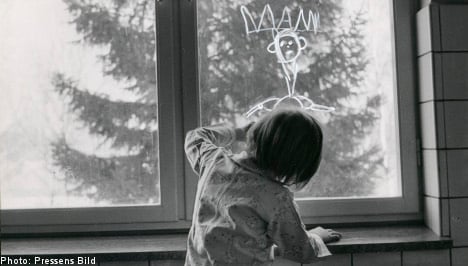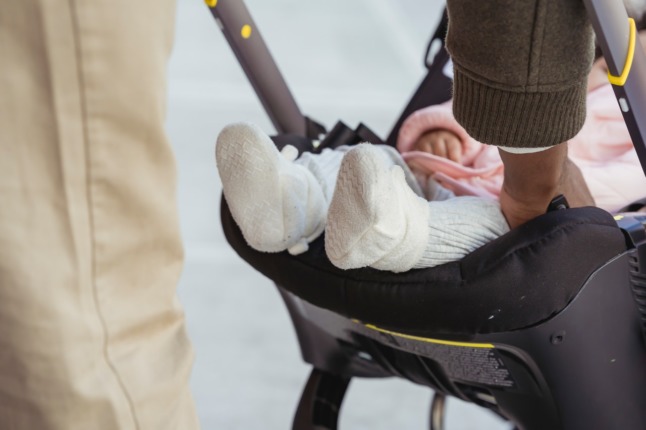“Taken as a whole, this a very dark chapter of history, of Swedish history,” said Minister for Elderly Care and Public Health Maria Larsson.
More than 250,000 Swedish children were placed in the state’s custody in the last 50 years. Back in 2006, the government launched an investigation to shed light on widespread allegations of abuse suffered by Swedish youngsters while under the care of the state.
On Thursday, the partial findings of the inquiry, entitled “Neglect and abuse at the hands of society” were presented to Larsson by inquiry chair Göran Johansson.
According to the preliminary findings, 61 percent of women and 42 percent of men were subjected to sexual abuse during their time in foster homes or orphanages.
“The 404 people included in the Inquiry’s interim report have spoken of neglect and abuse on a scale I would never have thought possible,” Johansson said in a statement.
“The adults given the task of protecting these people as children have failed in this task. Society, in the sense of the state and the municipalities, has not lived up to its responsibility. The Government should therefore initiate a process of making amends which starts with an apology to all those affected.”
The interviews conducted thus far reveal a number of horror stories of children being locked up, subject to physical violence or having suffered from torture-like abuse.
“The foster parents and institution staff who are alleged to have neglected and abused the interviewees as children had been entrusted by society to look after the children placed in their care. The interviewees’ accounts show that instead they were exploited and in several cases mistreated, exposed to sexual abuse, violations and threats. In this sense, I think that the neglect and abuse they suffered was at the hands of society,” said Johansson.
In accepting the troubling findings, Larsson announced that the government planned to launch a new inquiry to explore what could be done to redress the suffering of the victims of abuse.
“The government now plans to set up a special inquiry charged with providing suggestions for a process of restitution for those who were subjected to abuse and mistreatment,” said Larsson
She added that the new inquiry’s work would begin even though the initial inquiry looking into children’s mistreatment is yet to be completed.
“Some high representative for society ought to apologize to the children,” Johansson said at a Thursday press conference.
He also suggested that the government offer treatment for those who were affected and implement measures to ensure that it doesn’t happen in the future.
The process of documenting abuse led by Johansson was initially supposed to be completed in December 2009, but the government decided on Thursday to extend the inquiry’s work until September 2011 so that it can complete interviews with 1,000 people.



 Please whitelist us to continue reading.
Please whitelist us to continue reading.
Member comments